By: Diamond Sanders
CHARLESTON, SC. - The U.S. Coast Guard (USCG) and U.S. Customs and Border Protection (CBP) are advancing interagency collaboration through a new training partnership aimed at optimizing the nation's capabilities in detecting and disrupting illicit contraband smuggling within the commercial maritime environment.
Recently, the Coast Guard participated in CBP’s two-week Sea Cargo Examination Course at the Federal Law Enforcement Training Centers (FLETC) in Charleston. In turn, CBP is slated to join the Coast Guard’s one-week Container Inspection Training and Assistance Team (CITAT) course at USCG Sector Charleston. This initiative marks a significant milestone, representing the beginning of a broader partnership between the USCG’s Maritime Law Enforcement Academy (MLEA), USCG Training Center Yorktown - CITAT, CBP’s Trade and Cargo Academy and the FLETC-Charleston Training Delivery Point.
“We’re building a shared foundation that supports unified and effective maritime security operations,” said CAPT James Corbett, Commander, MLEA. “This partnership reflects our commitment to safeguarding U.S. ports and commerce through collaboration, innovation, and the understanding that if we train together, we win the fight together.”
CBP’s Sea Cargo Examination Course ran through the first two weeks of April, offering participants a unique opportunity to engage in hands-on training designed to enhance their capabilities in addressing critical issues such as the fentanyl crisis and the interdiction of other controlled substances entering the United States.
“This type of interagency training is crucial for addressing pressing issues such as the fentanyl crisis and other controlled substances, as it allows agencies to learn from each other and enhance their collaborative efforts in safeguarding our nation,” emphasized Director Randy Mitchell, CBP Trade and Cargo Academy.
During this course, leadership from both organizations observed the training and met with congressional staffers to provide a summary of cargo examination techniques and trade knowledge related to CBP's trade mission and processes. The training emphasized critical aspects such as cargo examinations, tools, and vessel boarding - highlighting the commitment of the Department of Homeland Security (DHS) agencies to strengthen maritime law enforcement, combat the flow of illicit drugs, and protect communities across the nation.
“The initiative successfully showcased the combined efforts of CBP and USCG in both the container yard and aboard Cape Chalmers at FLETC-Charleston,” said FLETC Charleston Site Director Mike Bransford. “This partnership not only demonstrates the efficiency and effectiveness of interagency operations but also reinforces FLETC's commitment to fostering cooperative training environments that address national security challenges.”
Together, these organizations are working to develop joint training programs that promote information sharing, improve operational coordination, and ensure frontline personnel across agencies are equipped to respond to emerging threats in the global supply chain.
As the program evolves, the Coast Guard and CBP will continue to engage with key stakeholders, including USCG Captains of the Port, CBP Port Directors, and other Federal, State, and local law enforcement agencies, to ensure training remains responsive to operational needs and national security priorities.
The Coast Guard, CBP, and FLETC look forward to the continued success of this landmark partnership and the positive impact it will have on our nation's security.
###
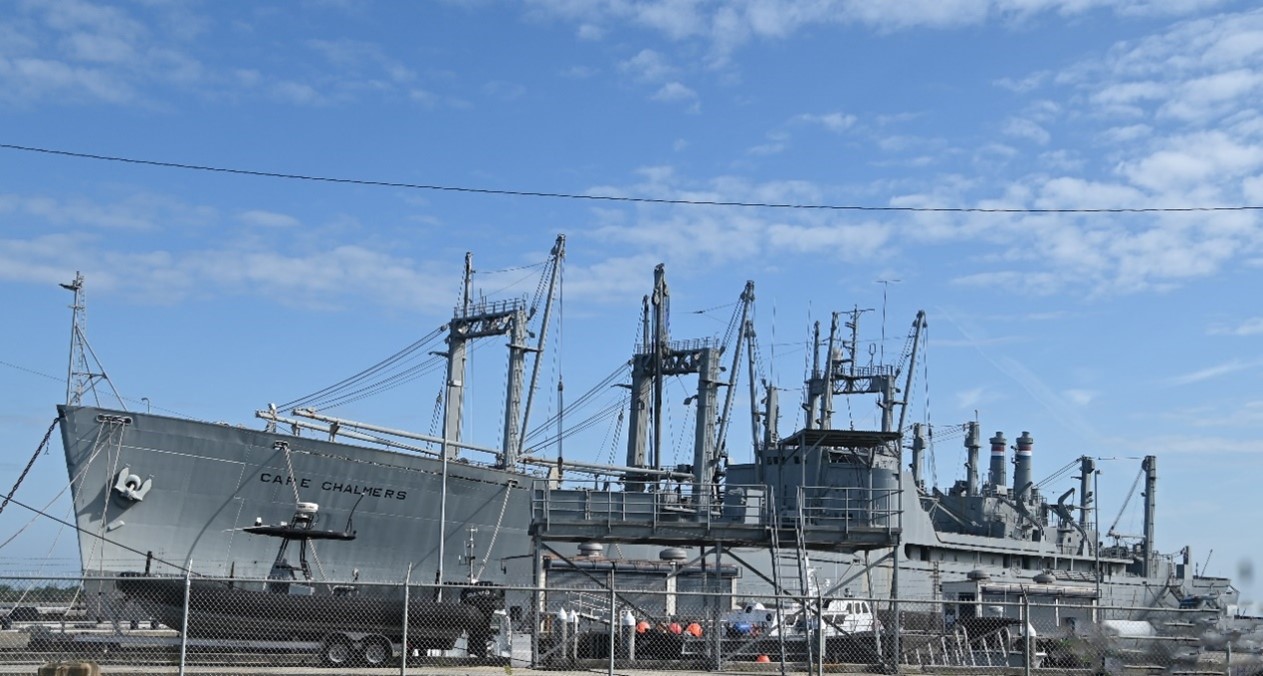
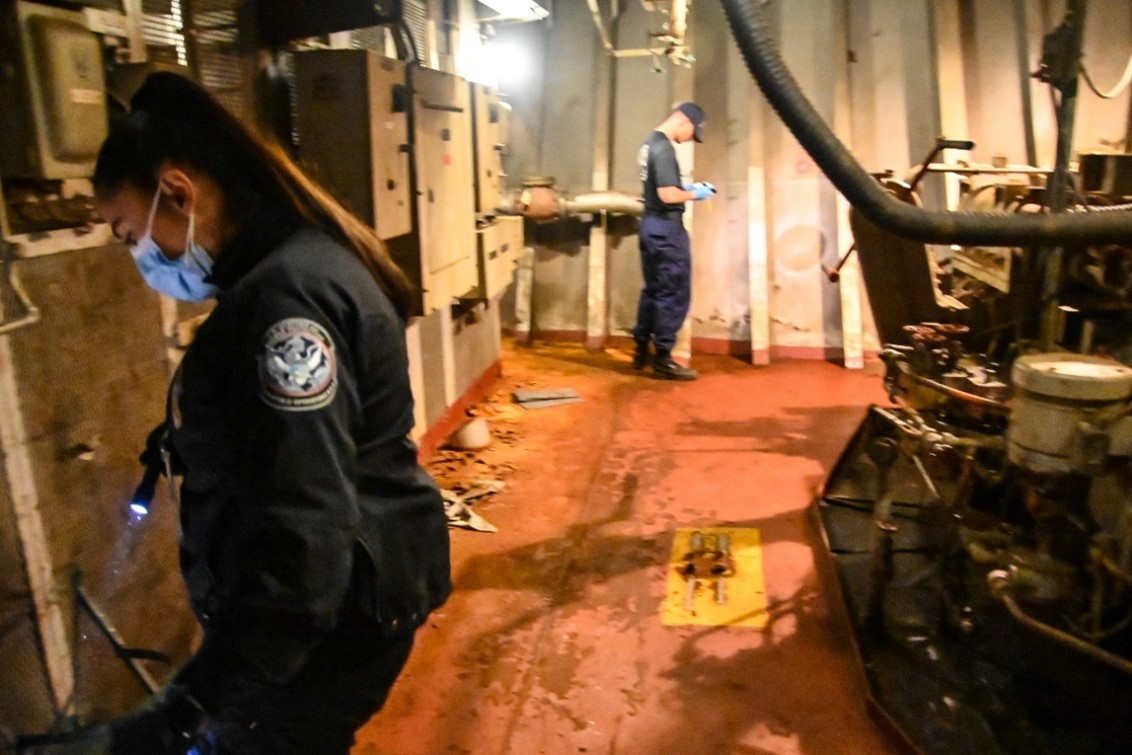
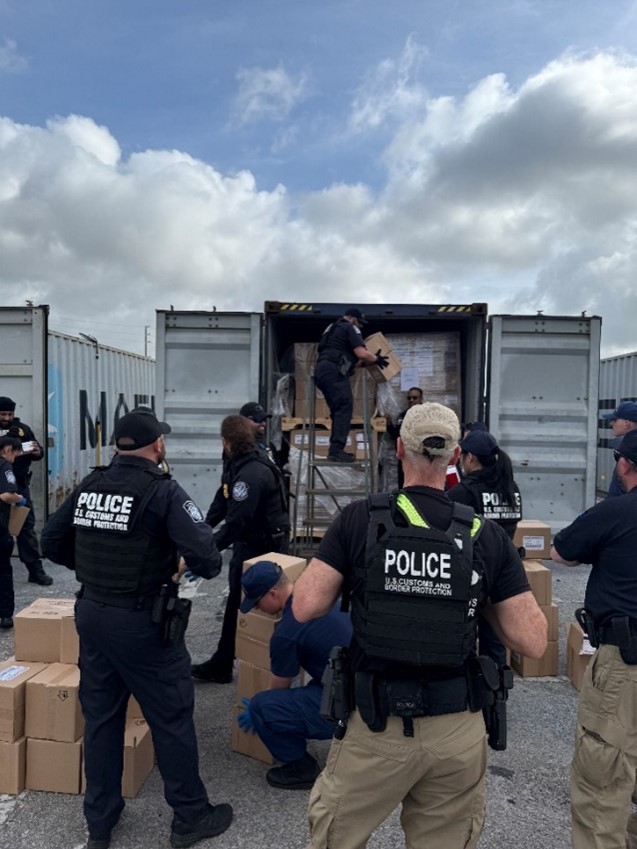

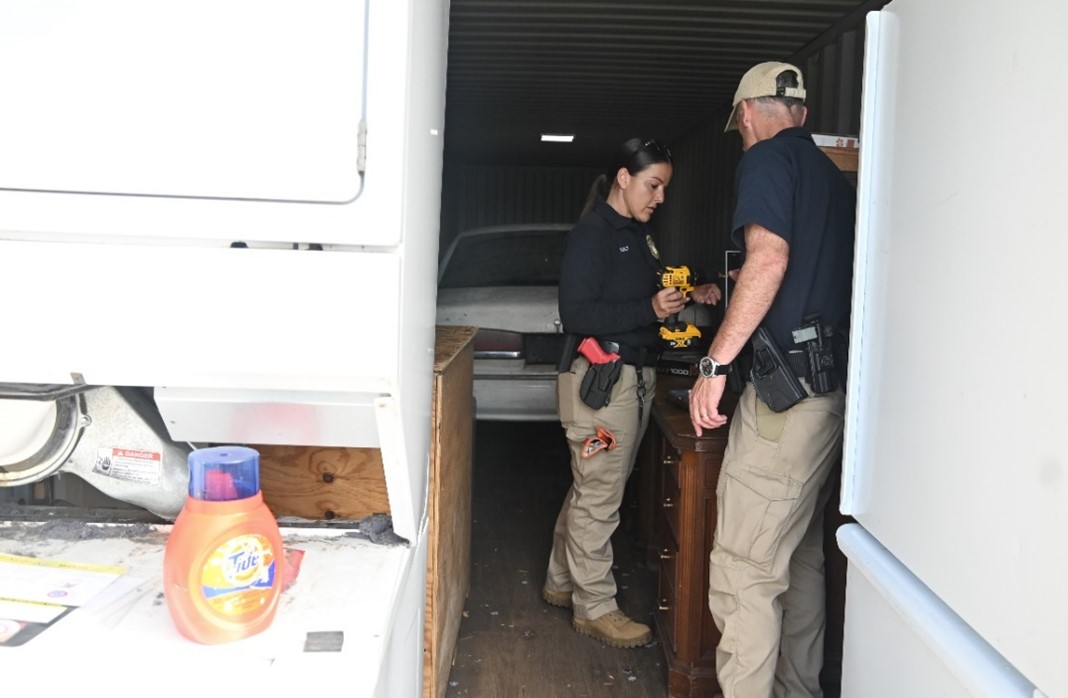
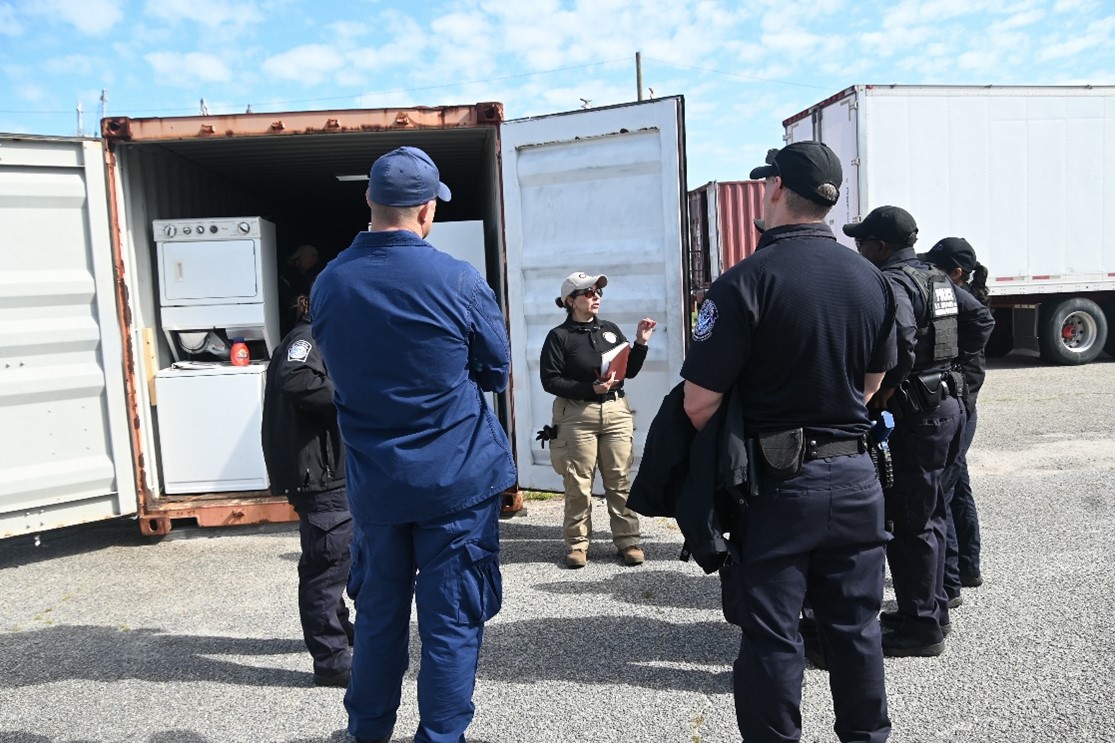
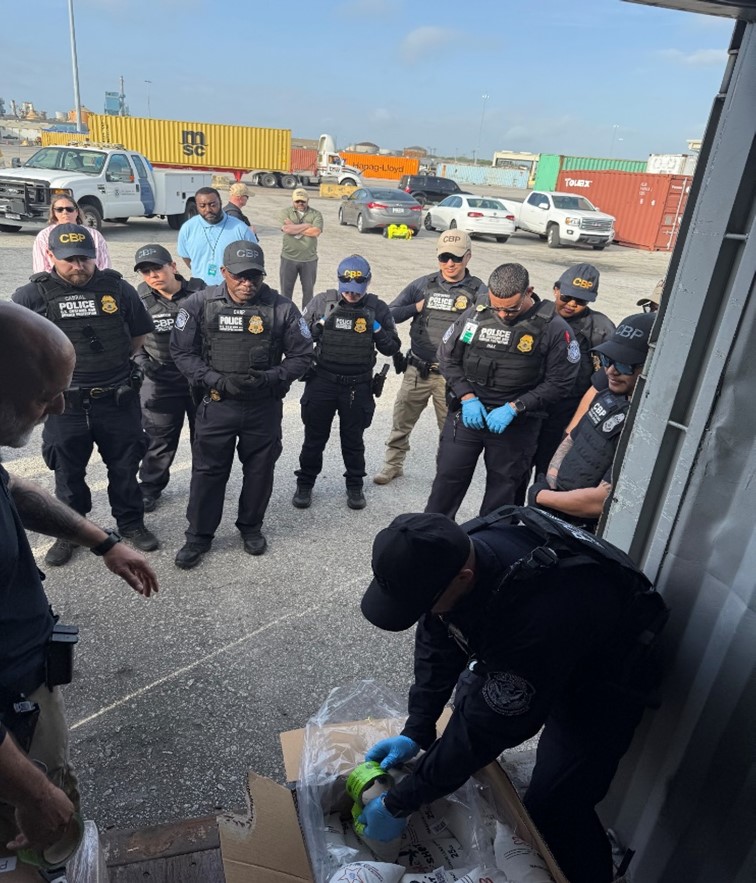
Federal Law Enforcement Training Centers
Office of Public Affairs
Contact: 912-267-2447

